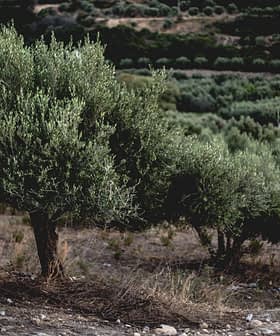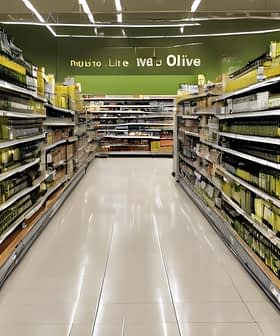A special report from the European Court of Auditors (ECA) says that more than €100 billion of European Union agricultural funding aimed at mitigating climate change has not done much to reduce greenhouse emissions from the agricultural sector.
According to ECA, the climate change management methods supported by the Common Agricultural Policy (CAP) had not led to a decrease in greenhouse gas emissions since 2010.
The auditors also concluded that about 50 percent of total E.U. climate spending from 2014 to 2020 had done nothing to reduce greenhouse gas emissions over that period. In addition, they said that the former CAP did not have solid incentives for people and businesses to engage in climate-friendly practices.
See Also:New CAP Provides Plenty of Opportunities for Italian Olive Growers“The E.U.’s role in mitigating climate change in the agricultural sector is crucial because the E.U. sets environmental standards and co-finances most of the Member States’ agricultural spending,” said Viorel Ștefan, member of the European Court of Auditors who wrote the report.
“We expect our findings to be useful in the context of the EU’s objective of becoming climate-neutral by 2050,” he added. “The new Common Agricultural Policy should have a greater focus on reducing agricultural emissions, and be more accountable and transparent about its contribution to climate mitigation.”
The auditors issued the report after examining and analyzing the climate change mitigations practices set out by CAP from 2014 to 2020. These measures aimed to reduce greenhouse gas emissions from chemical fertilizers and manure, livestock and land use.
They also checked whether the incentives were more effective than the measures set out in the previous CAP, which ran from 2007 to 2013.
The auditors found that livestock emissions account for more than half of the greenhouse gas emissions attributed to agriculture, adding that the CAP did not regulate livestock numbers or provide adequate incentives to reduce them.
According to the auditors, this explained why the emissions have not declined since 2010 despite the E.U. earmarking €103 billion for climate mitigation.
However, the auditors acknowledged that the new CAP passed by the E.U. Agricultural Council in June might improve the situation. The new CAP has more strict environmental requirements for farmers who want to receive funding.
Each country must submit a national strategic plan for its share of funding. All payments will be tied to how well beneficiaries follow environmental rules, including reducing greenhouse emissions by 55 percent by 2030.
With these new requirements, the architects of the policy aim to shift money from intensive farming to protecting nature and promoting biodiversity, all of which they hope will help lower greenhouse gas emissions.
Olive growers across the continent are expected to be among the beneficiaries of the new CAP. In 2016, the International Olive Council estimated that for every liter of virgin olive oil produced “in a mature semi-intensive orchard with an average crop yield,” there is net carbon sequestration of 8.5 kilograms.
“Olive oil production helps to combat global warming by absorbing more atmospheric CO2 than it produces and fixing it in the soil and biomass,” the IOC said.









